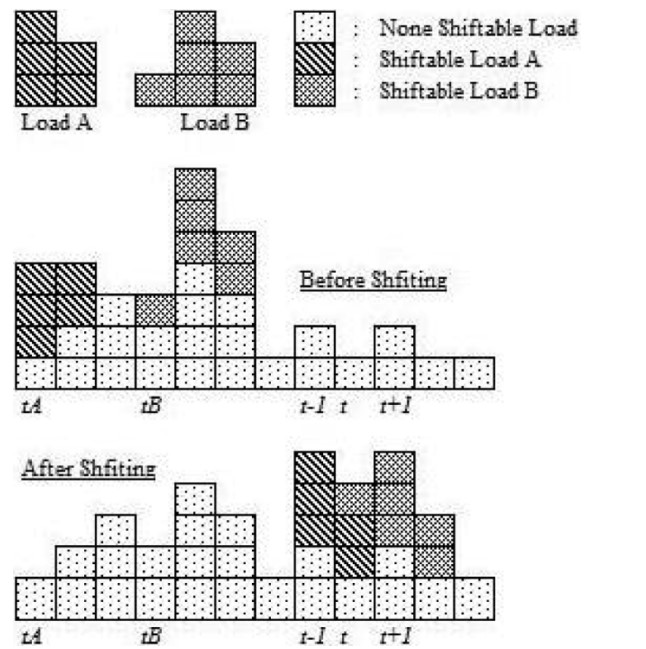Development of an Energy Management System for Electric Vehicle Charging Demand Response: Minimizing Energy Expenses and Optimizing Consumption Patterns through Online Learning and Long-Term Cost-Effective Charging Schedules

By appropriately adjusting energy prices, the shifting of electrical load can be achieved, moving it from periods of high or peak demand to other timeframes. This action results in a reduction of the peak-to-average load ratio, subsequently enhancing operational efficiency and lowering operating costs. The approach is grounded in Q-learning, where it acquires knowledge regarding the influence of future energy prices and potential timing for charging of an EV device selections on current energy decisions. The underlying probabilistic models are considered to be Markov.
